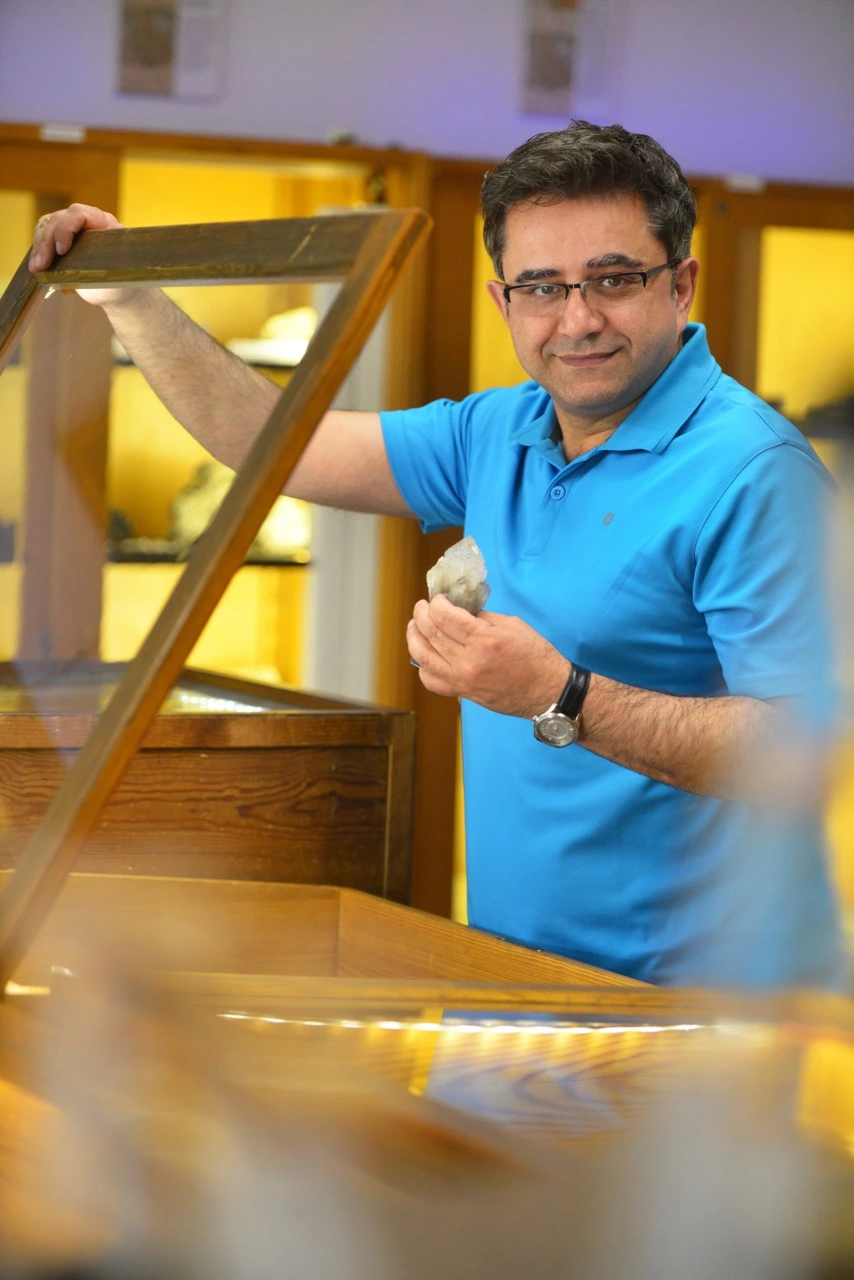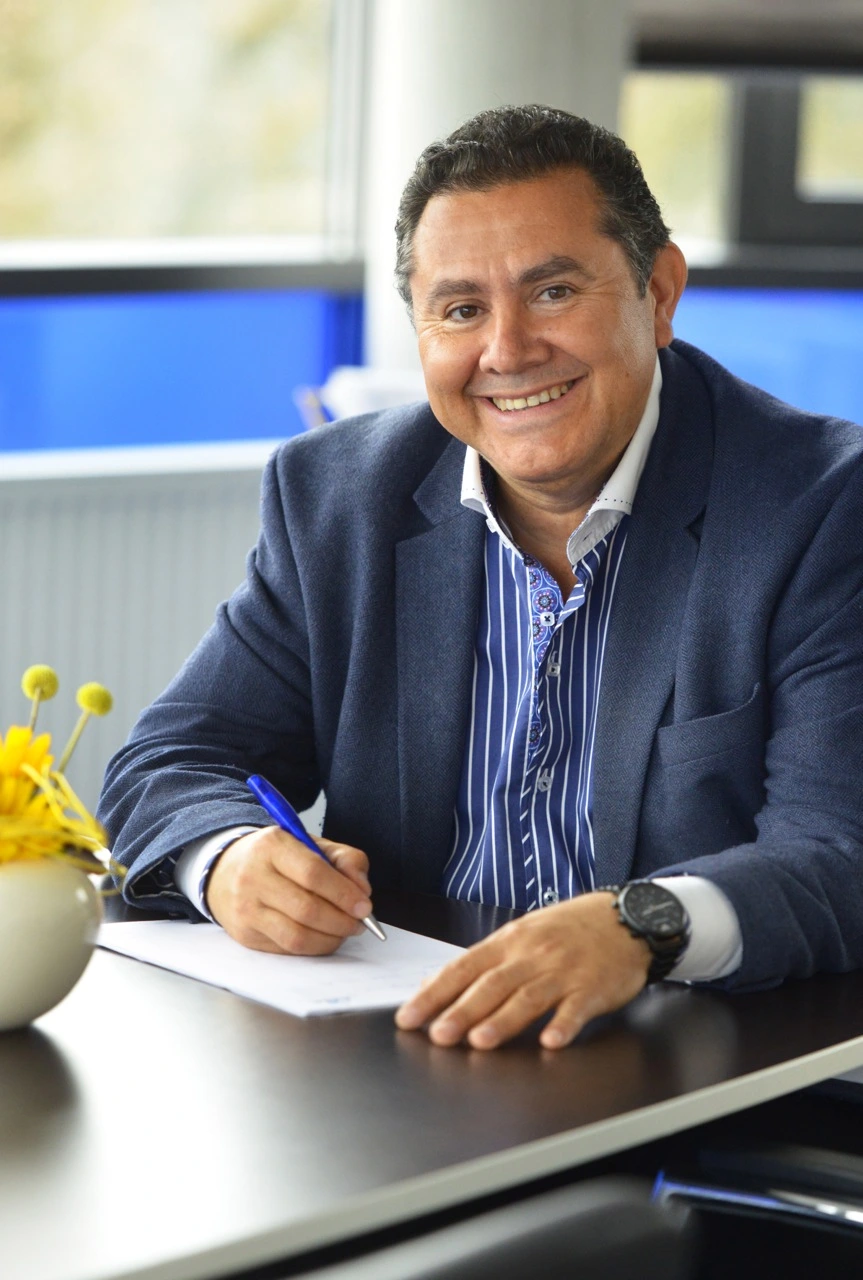Relieving pain and suffering: yesterday’s refugees build bridges
They once fled to Germany. It was hard for them in the beginning, but they have since come a long way. Now they help refugees themselves. We take a look at two encouraging examples.
Arriving in Germany was hard for Mohsen Makki: “In retrospect, it felt like I was a fish in the ocean during those first few months. I was swimming, but I didn’t feel the water,” he looks back. Makki left Iran when he was 22 years old. Today he teaches at the Geographical Institute of the Humboldt-Universität in Berlin, where he also wrote his dissertation. He came to a refugee shelter in Westberlin in 1985, before he was sent to a mass shelter in a former hospital in a small Bavarian town, which was home to 600 other refugees. Makki shared the former surgery with 16 other fellows in misery. “The surgical light was our room’s only light source – for two whole years.” Outside there was nothing but the darkness of the Bavarian Forest. “I remember being scared of the early morning fog in the valley,” Makki tells us. But there were more problems. The locals were not exactly welcoming to the newcomers. “Many shop windows had signs saying that asylum-seekers were unwanted. In some pubs, we weren’t served or even let in.” Makki still met some very open-hearted people. “They were the ones that really brought us in touch with German society.”
With these memories in mind, he didn’t have to think about helping the new refugees who are currently coming to Berlin.
When the gym on Merlitzstraße in Adlershof was turned into a refugee shelter for 350 people, his students asked him if he could help out as an interpreter. Makki called his colleagues at the institute for help. “The response was overwhelming,” he said. “Meanwhile, 80 people from the Geographical Institute are offering courses for 60 people living in the nearby gym.” They offer German courses, basic knowledge about Berlin and, for those who wish to study, how to start an academic career. “Most participants are men. We also have a course for women by women which offer childcare during the course.
Andrés Jirón did not experience this kind of service when he left Nicaragua in 1980 to come to the GDR. He was only 19 years old when left his family to study without any German skills. Jirón remembers: “My integration into the GDR’s education system worked well. Not so much the social aspect.” Today he runs AZBA GmbH, an Adlershof-based company for environmental analytics. “I know what it means to leave behind your home and your family,” he says. For this reason, he is committed to support refugees and pushes for a concerted effort of companies and institutes in Adlershof.
“It is extremely important to help the refugees to establish contact to German society and keep them away from the illegal path and its false hopes,” says Makki. It is important to show them that even by getting a basic job, it is possible to live here in dignity and freedom. “Of course it is also important to make clear what the German society expects from immigrants. I see myself as a bridge builder between refugees and locals. They listen to me because I’ve been in their situation and I know how they feel.” Jirón knows that mediating between the mentalities is already quite a mission. In his opinion, it shouldn’t be about choosing one culture over the other, but about adapting and settling with the best of both worlds. The head of AZBA is convinced that “the most important thing is to learn the language.”
What do Jirón and Makki feel when they see refugees coming to Germany today? “I can’t help but think of how hard it is starting out in a strange country,” says Jirón. Makki sees himself and remembers his own arrival in Germany. “We can’t erase the refugees’ suffering, but we can relieve their pain.”
By Chris Löwer for Adlershof Journal
www.geographie.hu-berlin.de/de/Members/makki_mohsen
www.azba.de

